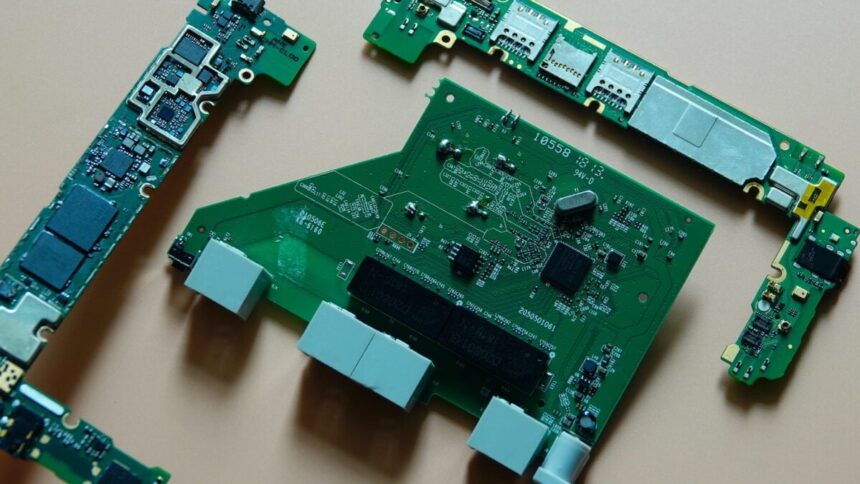The Trump administration has made curbing China’s access to high-powered AI chips a high priority. According to the government, China may use the chips to build up its arsenal of military technology, and it simply can’t have that. At the same time, America’s considerable and longstanding chip export controls may also be aimed at slowing China’s own chip industry. Now, a report from Reuters claims that the government has been embedding location tracking devices in AI chip shipments, in an effort to police potential diversions of the tech to America’s geopolitical foe.
Reuters reports that sources with knowledge of the policy claim that the U.S. Department of Commerce’s Bureau of Industry and Security, America’s export enforcement agency, is “typically involved” with such operations. Those same sources claim that the FBI and Homeland Security Investigations “may take part too.” Gizmodo reached out to the agencies and the Trump administration for comment.
The tracking devices are reportedly being placed in “targeted shipments” of AI chips. Those shipments are being chosen because authorities view them as being at “high risk of illegal diversion to China.” The point of the trackers is to punish companies or individuals who may violate U.S. export controls. Sources also said that the trackers have been used in server shipments from prominent manufacturers, including Dell and Super Micro, which include chips made by AMD and Nvidia. An Nvidia spokesperson told Gizmodo, “We don’t install secret tracking devices in our products,” full stop. They also referred us to a recently published company blog that states: “There are no back doors in NVIDIA chips. No kill switches. No spyware. That’s not how trustworthy systems are built — and never will be.”
The “chip war” has, to some degree, always been a thing, and governments, particularly the U.S., have always fought for a competitive advantage when it comes to the semiconductor industry. The advent of the AI chip has only upped the ante, as nations fight for dominance over the emerging field of generative AI, and all the potential applications (military included) it may have. At the same time, the Trump administration has sent mixed messages on this issue, as Trump recently claimed he would be open to allowing Nvidia to sell a “scaled-down” version of its GPU chip to China.
The American practice of embedding hidden, Trojan-horse-style surveillance applications inside commercial hardware and software exports is also not new. When the Edward Snowden revelations originally broke in 2014, one of the bombshells at the time was the apparent revelation that the NSA routinely embeds “backdoor surveillance tools” inside routers and other computer hardware before they are sent on to foreign nations.
Read the full article here












